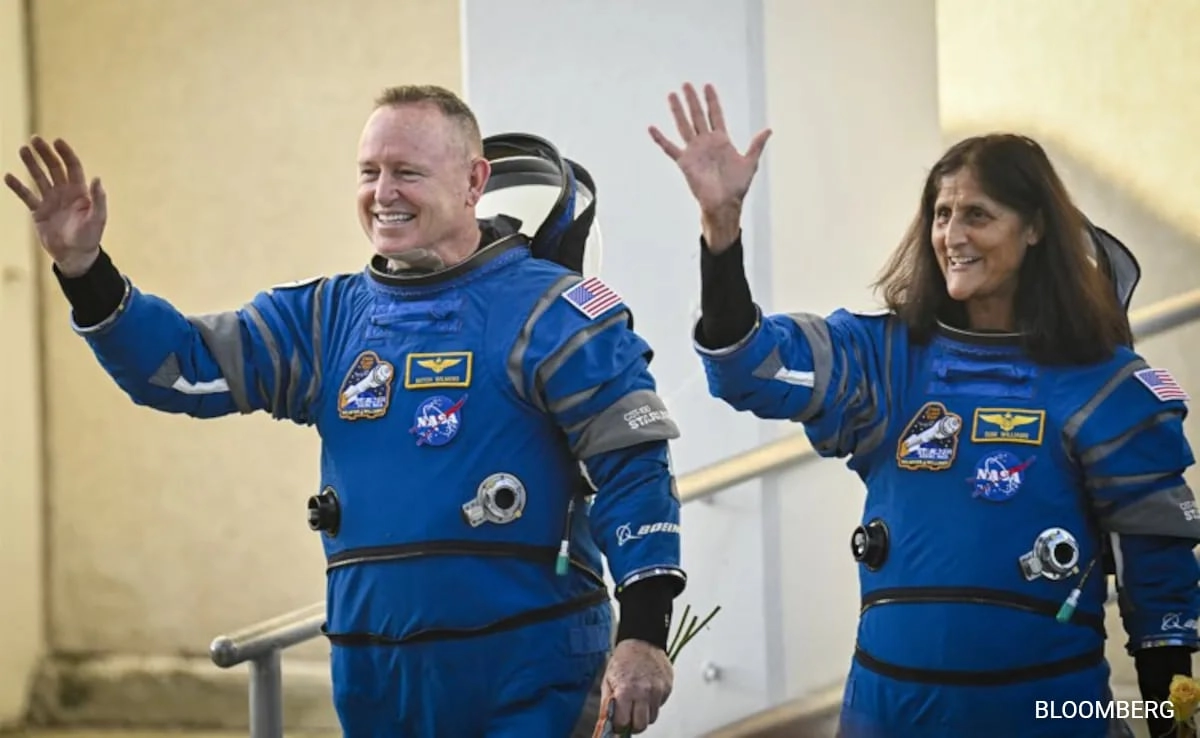Sunita Williams, the renowned astronaut, recently shared her insights on the challenges of extended space missions, emphasizing that uncertainty is often the most difficult aspect to manage. During her lengthy stay aboard the International Space Station (ISS), she experienced various unpredictable situations that tested her resilience and adaptability. Williams highlighted that the lack of control over certain factors, such as equipment failures or unexpected changes in mission parameters, can create a significant psychological burden. Despite rigorous training and preparation, the unpredictable nature of space travel can lead to feelings of anxiety and stress. She pointed out that coping with these uncertainties is crucial for the well-being of astronauts, as it affects not only their performance but also their mental health. Williams believes that fostering a strong support system and maintaining open communication among crew members can help alleviate some of the pressures associated with long-duration space missions. Her experiences underscore the importance of psychological readiness in space exploration and the need for ongoing research to better understand how to prepare future astronauts for the challenges they may face during their missions.
Sunita Williams, the renowned astronaut, recently shared her insights on the challenges of extended space missions, emphasizing that uncertainty is often the most difficult aspect to manage




